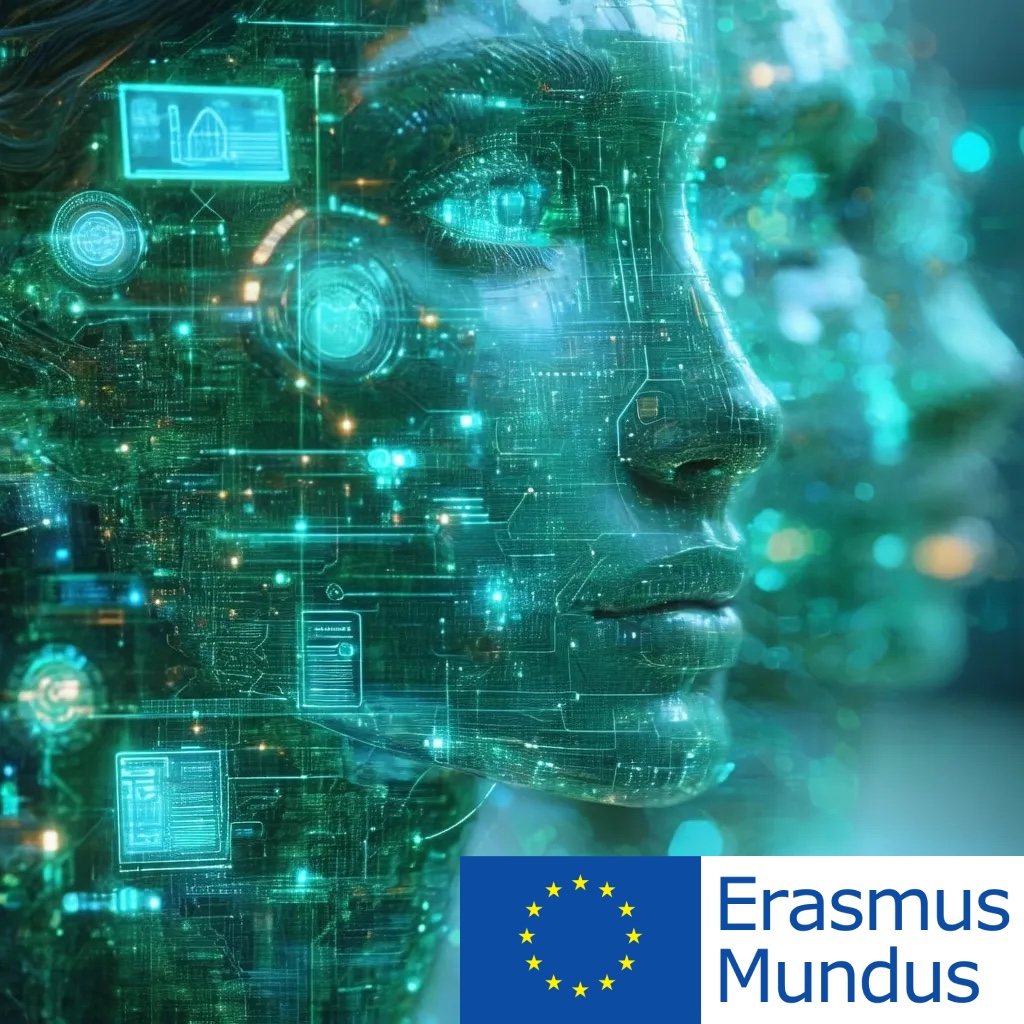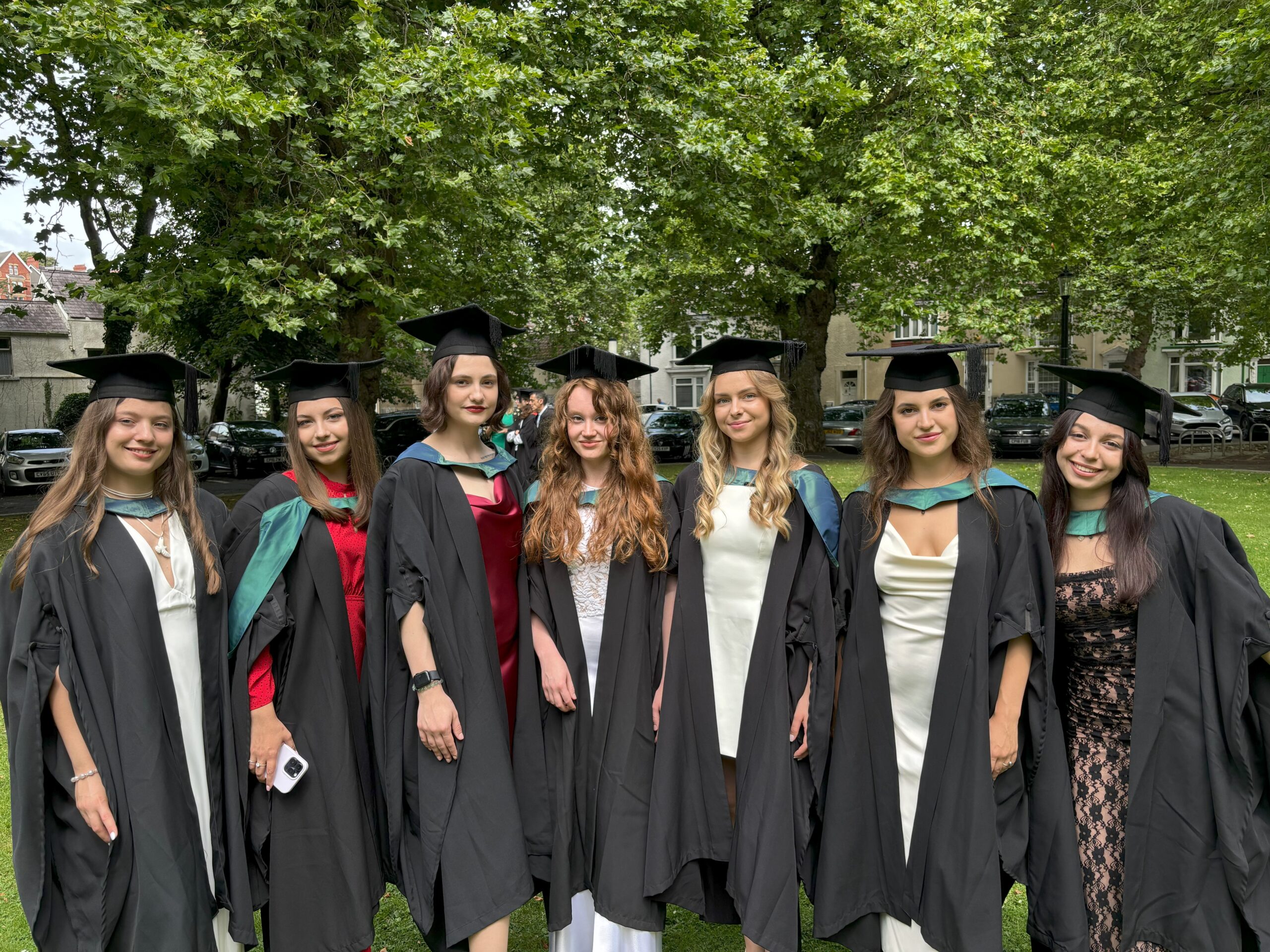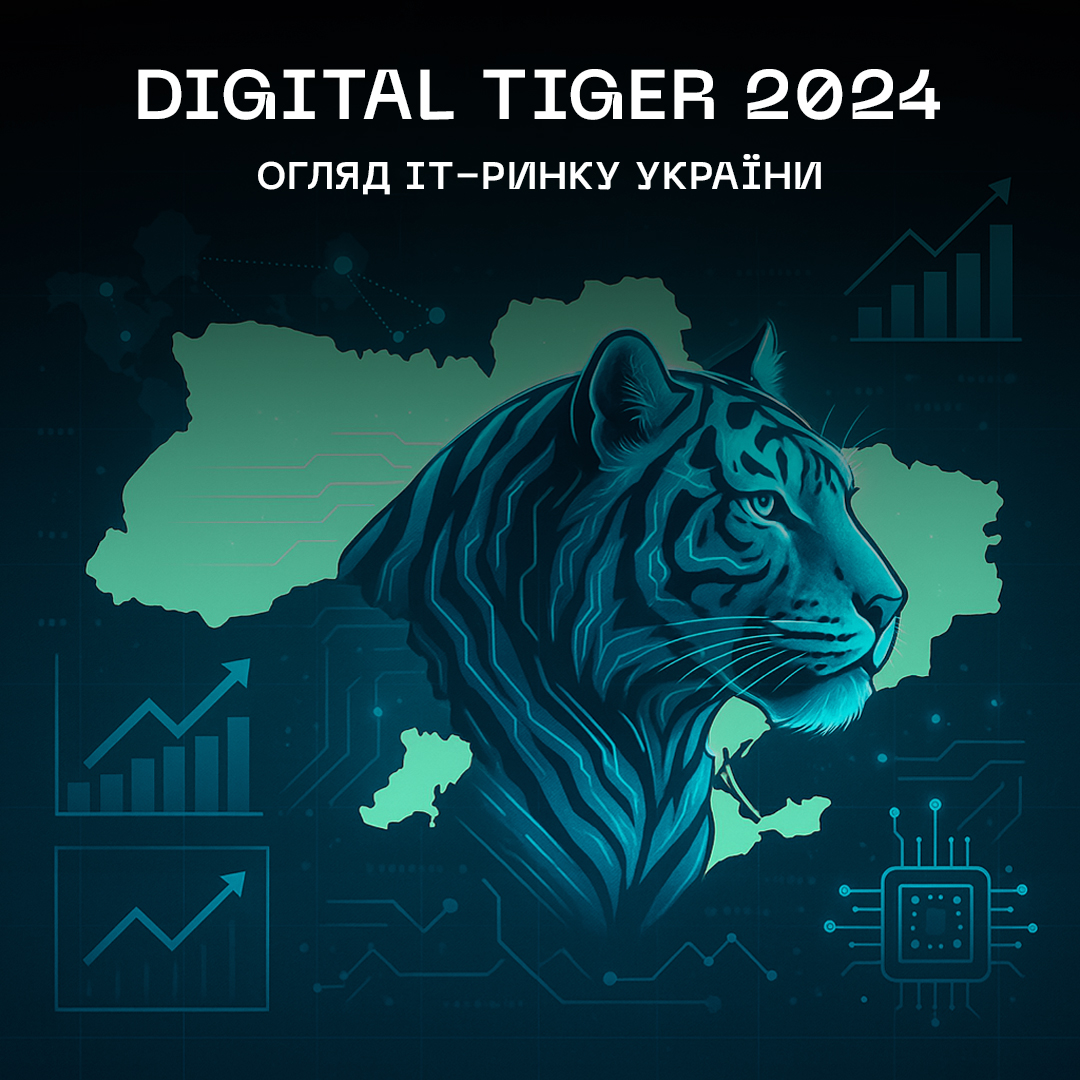Project “AI Technologies for Sustainable Public Service Co-Creation” (AICOSERV)


Alfred Nobel University is starting the implementation of the project “AI Technologies for Sustainable Public Service Co-Creation” (AICOSERV), financed by the European Union as part of the Erasmus Mundus Design Measures Erasmus+ program.
The project is coordinated by Gdansk Polytechnic (Poland) in partnership with universities representing 5 countries: University for Continuing Education Krems (Austria), United Nations University Operating Unit on Policy-Driven Electronic Governance (Portugal), Umeå University (Sweden), Brandenburg University of Applied Sciences (Germany) and Alfred Nobel University (Ukraine).
Project Objective
As public services face increasing demands and complexity, the public sector is challenged to meet the evolving needs of citizens with limited resources. To address these challenges, there is a growing recognition of the importance of engaging citizens in co-creating public services and policymaking processes. Digitalization offers opportunities for such collaboration, and AI technologies have the potential to transform public services by improving efficiency, quality, inclusivity, and ethics.
However, effective co-creation requires more than just digital tools—it demands a deep understanding of citizens’ needs and the development of comprehensive competencies among public sector employees. Existing master’s programs often lack the interdisciplinary approach needed to equip graduates with the skills required for effective and sustainable co-creation in the digital era.
The AICOSERV project aims to bridge this gap by designing an innovative, transnational, interdisciplinary master’s program titled “AI Technologies for Sustainable Public Service Co-Creation.”
Main Goals
The project’s overarching goal is to develop a fully integrated master’s program that:
– Recognizes the pivotal role of citizen engagement in designing, delivering, and evaluating public services.
– Prioritizes vulnerable groups in the co-creation of personalized public services.
– Emphasizes AI-driven innovations for public service co-creation.
– Builds competencies for evidence-based decision-making in the context of co-creation.
– Addresses data management challenges to ensure effective AI integration in policymaking processes.
The project activities include creating shared mechanisms, such as recruitment requirements, integrated educational/training modules, a student service plan, a joint promotional strategy to attract diverse students, and standardized administrative and financial structures.
On December 17-18, 2024, the first introductory meeting of the project participants will be held at the Faculty of Management and Economics of the Gdańsk University of Technology involving the project team from the Alfred Nobel University:
– project manager: Y. Bartashevska, head of the Department of Information Technologies
– institutional coordinator: H.Bondarovych, head of the Grant Projects Center
Read also

Alfred Nobel University invites academic and professional communities to join the first event in a series of 12 online webinars focusing on gender equality in education, science, and leadership. The initiative is part of the international project SPRINGBOARD, supported by the British Council. 📅 Date: July 22, 2025🕑 Time: 14:00 (EEST) / 12:00 (BST)💻 Format: […]

On 16 July 2025, a significant milestone was marked in the history of Alfred Nobel University. An official graduation ceremony of the University of Wales Trinity Saint David (UWTSD) took place at Brangwyn Hall, Swansea, United Kingdom. Among the graduates were seven students from group MEV-21-eng, who completed the British BA (Hons) International Management programme. […]

The “Digital Tiger 2024” report, conducted by the IT Ukraine Association and Top Lead, provides a clear overview of the current state of Ukraine’s IT industry, highlighting its significant economic contribution, global partnerships, and growth across various sectors.

